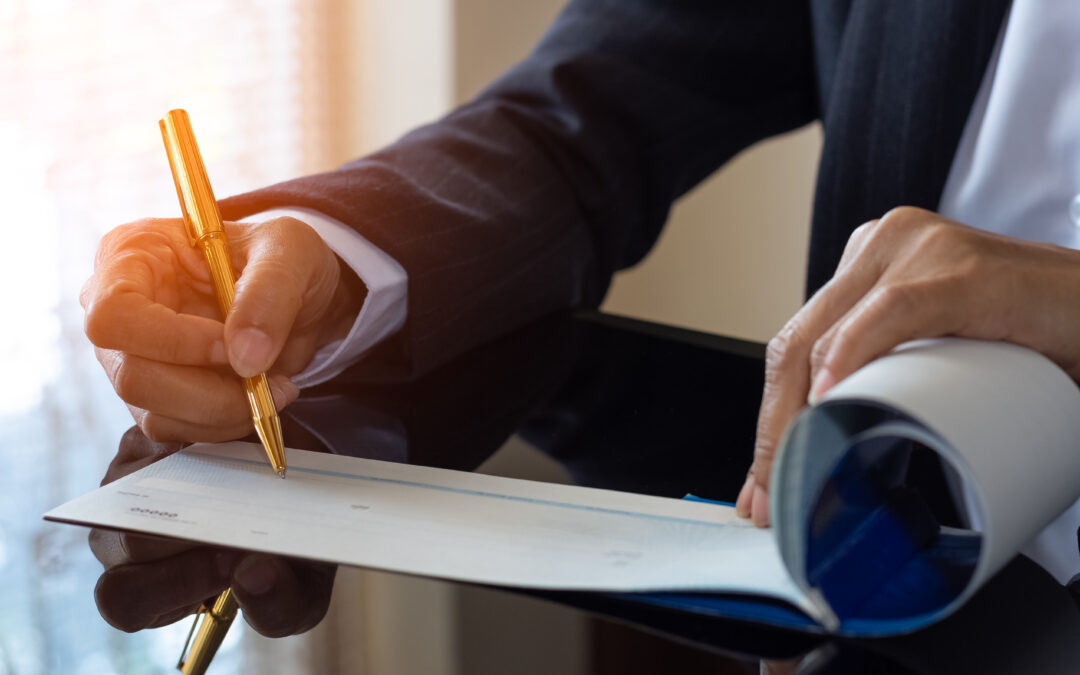As a consumer, business owner or someone simply interested in protecting their financial assets this guide will help you understand what check fraud is and how to spot it.
Check fraud occurs when someone alters or uses a check without authorization, resulting in a financial loss. Sometimes fraudsters will produce bogus checks with fake routing and accounts numbers to prey on both individuals and businesses. Many unsuspecting victims may not realize it until it is too late. Check fraud possesses a big issue for both individuals and businesses and can lead to unauthorized withdrawals, harm financial reputations and require unnecessary time and resources in order to resolve. It is crucial for everyone to be vigilant in detecting common red flags early.
Recognizing the Warning Signs
Ensuring your financial safety starts with providing you with the top red flags to look for when you are given a check. Here are some common indicators:
- Discrepancies in the check’s appearance: one of the initial signs of check fraud is inconsistency in the check’s appearance. When examining the check you should pay attention to its font, color and overall quality.
- Unusual behavior from the check presenter: Any peculiar or suspicious behavior from the individual presenting the check could be a red flag. If the presenter seems overly eager to finalize the transaction or is avoiding questions, then you may be wary of the check’s legitimacy. Always trust your instincts and don’t hesitate to ask for additional verification.
Tips to Avoid a Check Scam
- Keep your checks in a safe place, like a safe or locked drawer. This will limit unauthorized access.
- If you are selling an item and are offered a check, always be sure to accept the check for the exact selling amount.
- Avoid falling victim to being a mystery shopper. Scammers will often send you a check asking you to cash and purchase items such as gift cards or money orders, which you are prompted to send back to them, but you can keep a small amount as payment.
- Regularly check your bank statements to identify any suspicious activity or unauthorized transactions.
Check fraud is a common way for fraudsters to get into your finances. If you feel you have a fraudulent check, remember don’t deposit it; reach out to your financial institution to help verify the check’s legitimacy. They will ask you for relevant information such as the person or organization that issued the check, the check number and any other details. If they suspect that someone is attempting to defraud you then your next step will be to file a complaint with local authorities and the Federal Trade Commission. Visit https://reportfraud.ftc.gov/#/ to file a report today.



